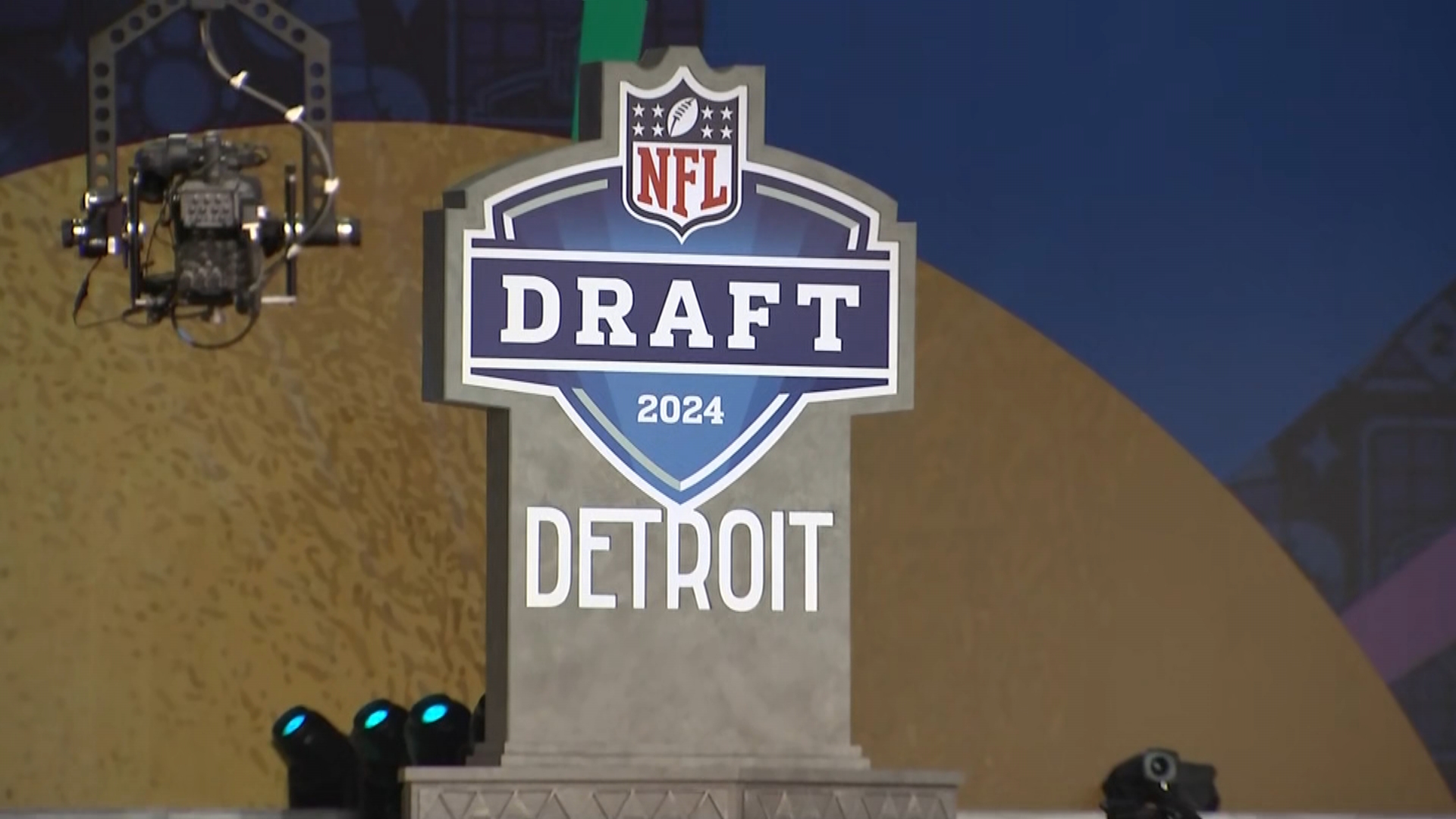The chief prosecutor of Gov. Rod Blagojevich in his upcoming impeachment trial in the Illinois Senate, has filed a series of subpoenas in connection with the case which will begin Monday.
The documents (viewable here), filed with the Secretary of the Senate, give a glimpse of the strategy prosecutor David Ellis will use in pursuing his case against the governor.
Local
Thirteen individuals are called to appear as witnesses, including the FBI agent who prepared the case against the Blagojevich, and eight state representatives, who are summoned to testify about the governor's alleged abuses of power.
Among those asked to appear:
- William Holland, the Illinois Auditor General, who would provide testimony about the governor's abortive plans to purchase flu vaccine abroad, and his controversial program allowing the purchase of prescription drugs outside the United States.
- John Scully, a former assistant U.S. Attorney, who would explain the methods of obtaining federal wiretaps.
- Rep. Chapin Rose of Charleston, who would introduce testimony about alleged wrongdoing involving the governor and supporters Ali Ata and Joe Cari, as well as alleged corruption at the Illinois Health Facilities Planning Board.
- Rep. Constance Howard of Chicago, who would speak to the injury to the people of Illinois from extensive press coverage of the governor's alleged wrongdoing.
- Rep. Gary Hannig of Gillespie, who would testify about the governor's alleged shakedown of the Tribune Company.
- Rep. Jack Franks, of Woodstock, who would testify about the abortive flu vaccine and prescription drug plans.
- Rep. James Durkin, of Countryside, who would introduce facts about the governor's alleged attempts to sell a vacant U.S. senate seat.
- Rep. Lou Lang of Skokie, who would testify about the governor's alleged attempts to end run the state legislature to implement his controversial Family Care health program.
- Rep. Susana Mendoza of Chicago, who would testify about the governor's alleged efforts to obtain campaign contributions from supporters of various pieces of legislation relating to the horse racing industry, pediatric medicine and construction on the Illinois Tollway.
- FBI Agent Daniel Cain would be asked to appear to discuss what he did to obtain wiretaps of the governor's phones. The summons also states that prosecutors want Cain to testify that he has listened to each and every one of the hundreds of undercover tapes recorded of the fovernor, his staff, and supporters.
The committee has also subpoenaed numerous documents, including transcripts and memos relating to alleged wrongdoing in fundraising and legislative programs. Among those, is a list of editorials from the Chicago Tribune, critical of Gov. Blagojevich and his administration. It is alleged that the governor attempted to have members of the Tribune editorial board removed, in exchange for his support of policies which would be favorable to Tribune Company in its efforts to sell Wrigley Field.



